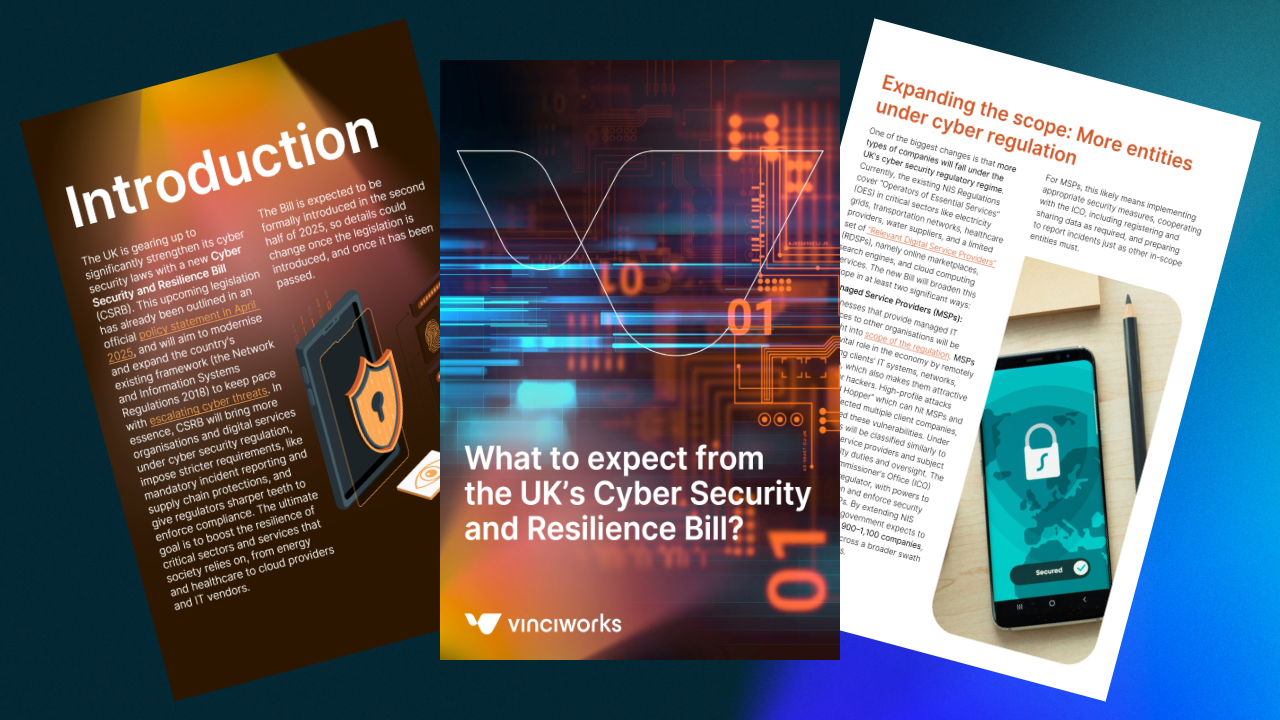Introducing VinciWorks’ new AML 360° course for accountants
VinciWorks has just released a new course on anti-money laundering aimed at accountants. The course will focus on money laundering challenges that accountants in particular are faced with. This includes information on the EU Fourth Directive that comes into effect on 26 June 2017, as well as identifying potential red flags specific to accountants.
Our course is tailored for accountants who have already undergone training on anti-money laundering; users will be provided with in-depth knowledge to help keep them up to date with anti-money laundering laws. Real-world, industry-specific scenarios will help guide participants through money laundering questions that face accountants today.

Modern-day Money Laundering Challenges
Our short course for accountants will take you through some of the challenges facing accountants today. This includes the dangers of virtual currency such as bitcoin and the threat of terror financing.
After taking our AML 360° course for accountants, users will:
- Gain an understanding of the anti-money laundering issues facing accountants each day
- Be familiar with important money laundering terms such as “predicate offence” and “front company”
- Be able to identify money laundering red flags
- Understand better the steps governments are taking to cut funding to terrorism
- Understand the key differences between source of wealth and source of funds
Complete our form below to test our new course on Anti-Money Laundering for Accountants.
[wufoo username=”vinciworks” formhash=”zooix0c1v9as0i” autoresize=”true” height=”523″ header=”hide” ssl=”true”]













